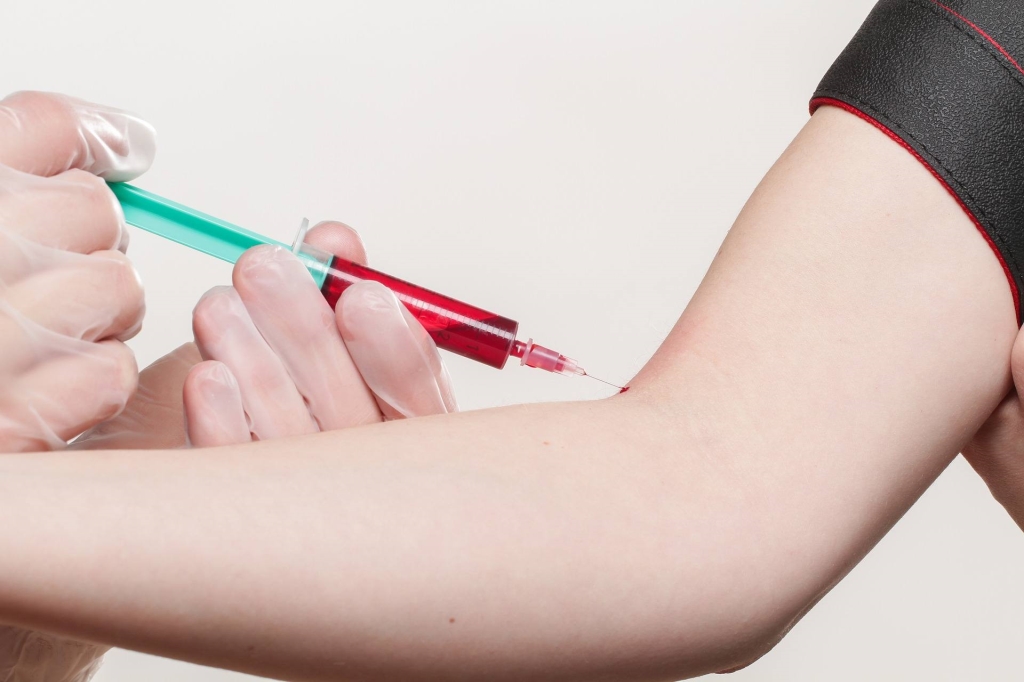Ultimate Guide to Phlebotomy On-Job Training: Kickstart Your Healthcare Career Today
If you’re passionate about entering the healthcare field, becoming a certified phlebotomist is an excellent choice. With hands-on training gaining prominence, on-job phlebotomy training offers a practical pathway to acquire vital skills. Whether you’re a beginner or looking to enhance your career, this comprehensive guide will walk you through everything you need to know about phlebotomy on-job training and how it can set you on a successful healthcare career path.
What is Phlebotomy On-Job Training?
Phlebotomy on-job training refers to a practical, hands-on training program where aspiring phlebotomists learn vital blood collection skills directly within healthcare settings such as hospitals, clinics, or laboratories.This training approach combines classroom instruction with real-world experience, allowing students to develop confidence in performing venipuncture and capillary punctures under supervision.
Why Choose On-Job Phlebotomy Training?
- Real-World Experience: Gain practical skills in a clinical surroundings.
- Mentorship: Learn directly from experienced professionals.
- Enhanced Employability: Hands-on training makes you more appealing to employers.
- Faster Skill Acquisition: Accelerate your learning curve with real patient interactions.
Steps to Start Your Phlebotomy On-Job Training
1. Meet Basic Eligibility Requirements
- high school diploma or equivalent
- Basic understanding of healthcare principles
- good communication and interpersonal skills
2. Obtain Necessary Certifications
While on-job training can sometimes be offered to beginners, obtaining a phlebotomy certification from accredited programs (like the American Society for Clinical pathology or National Phlebotomy Association) boosts your chances of securing training opportunities.
3. Search for Training Opportunities
Look for hospitals, clinics, or healthcare facilities offering on-site training programs or internships. Networking and reaching out directly can also open doors.
4. Prepare Your Resume and Cover Letter
Emphasize your interest in healthcare, your willingness to learn, and any related experience or coursework.
5. Apply and Interview
Be ready to demonstrate your eagerness and adaptability during interviews. Show that you’re committed to learning and provide examples of your teamwork skills.
Benefits and Practical Tips for Successful On-Job Phlebotomy Training
Benefits
- Accelerated Career Advancement: Get your skills recognized quickly.
- Networking Opportunities: Build professional relationships with healthcare staff.
- Increased Confidence: Hands-on training reduces anxiety about performing blood draws independently.
Practical Tips
- Be Observant: learn from experienced technicians’ techniques and patient interactions.
- Ask Questions: Clarify doubts during training to build competence.
- Maintain Professionalism: Adhere to safety protocols and patient privacy guidelines.
- Keep an Open Mind: Be receptive to feedback and continuously improve your skills.
Real-Life Case studies: From Trainee to Healthcare Professional
| Name | background | Journey |
|---|---|---|
| Emma S. | Nursing Assistant | Completed on-job training at a local hospital, became certified, and now works independently as a phlebotomist. |
| James T. | Medical Student | Gained practical experience during internship, leading to a full-time healthcare role. |
First-Hand Experience: What to Expect and How to Prepare
Jumping into on-job phlebotomy training can be exciting and nerve-wracking. Expect to:
- Perform blood draws under supervision initially
- Handle patient interactions professionally
- Learn infection control and safety protocols
Preparation tips include practicing good hygiene, reviewing anatomy basics, and building excellent communication skills. Remember, patience and perseverance are key to mastering phlebotomy skills.
conclusion: Start Your Healthcare Journey Today
Embarking on a career in phlebotomy through on-job training offers a practical and empowering pathway into the healthcare industry. This hands-on approach not only equips you with essential blood collection skills but also opens doors to diverse healthcare opportunities. By understanding the steps involved, benefits, and practical tips, you’re well on your way to kickstarting a rewarding healthcare career. so, don’t wait-seek out training opportunities today and turn your healthcare ambitions into reality!
